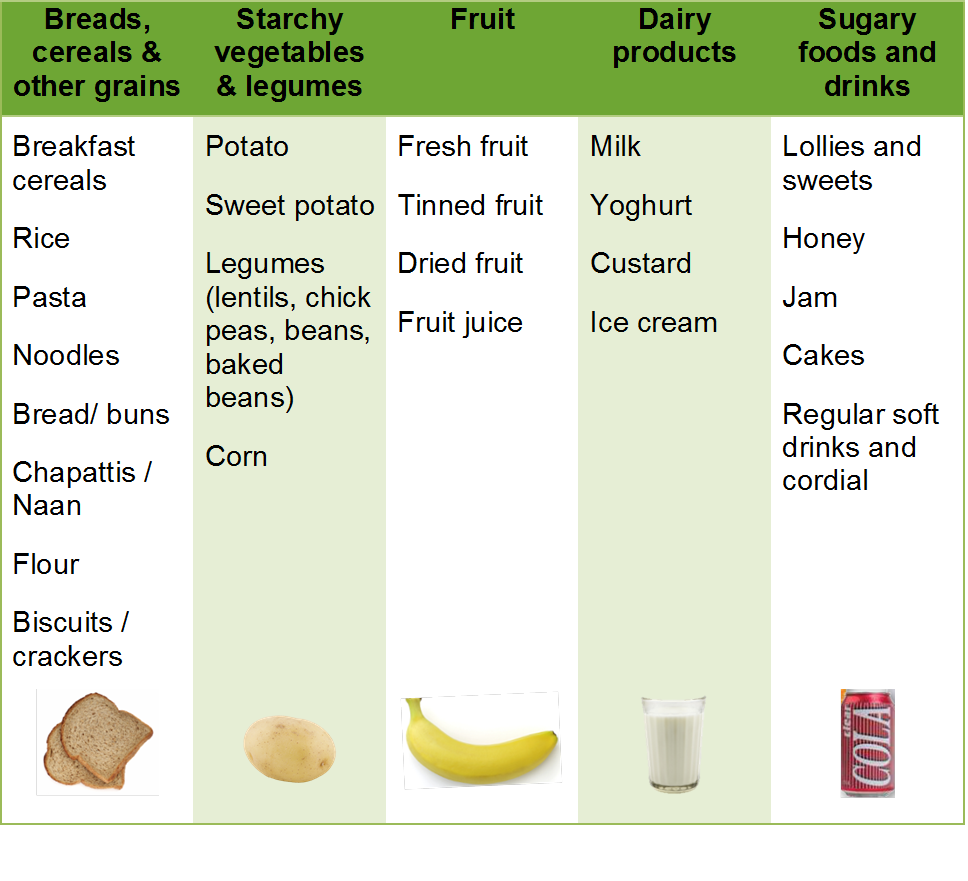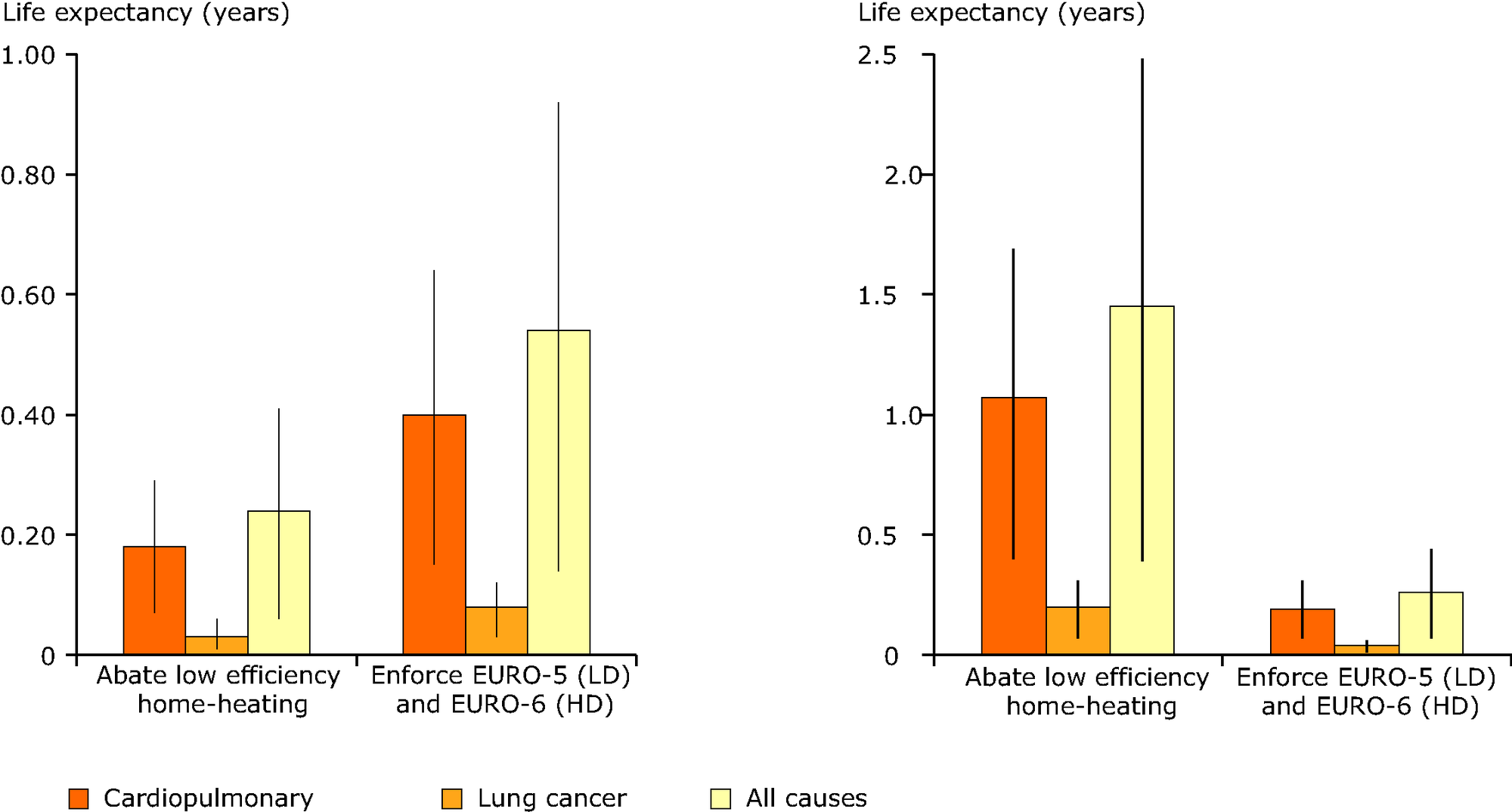
Teenagers tend to be busy. They are more interested in socialising and dating than basic needs, such as nutrition, exercise, and self-care. These are vital to their mental and physical health. Here are some healthy living tips that teens can use to help reach these goals. Your teen should get plenty of sleep and be able to spend time with his friends. Healthy living tips to teens will help them feel happy and prevent them developing unhealthy habits.
Limit screen time not to exceed two hours per hour
Parents are frequently urged by their children to limit screen time. It is important to think about many things when making such a decision. Aside from age and activity level it is also important for parents to assess whether their children are using screens in a way that is detrimental to their academic and social development. The American Academy of Pediatrics released updated guidelines in 2016 on screen time. They recommend that children and adolescents watch no more than two hours of TV or other forms of screen time per day.
Maintain an active social network
Monitoring your teen’s social networks is a key part of your daily parenting plan. Make sure you monitor your teen's social media activities and make sure you're the first one they add as a friend. This will allow you to build a rapport with your teen as well as learn about any potential dangers that they might be experiencing. Teenagers shouldn’t share personal information on social networking sites, especially if they are sharing their personal information.

Get enough sleep
Many teenagers feel they don't get enough rest. Teenagers need more sleep as their bodies grow rapidly. They also need to unwind. These tips will ensure that your teenager gets eight hours sleep every night. To avoid any dramatic shifts in the schedule, teenagers should be able to get up at the same time each morning. If your teenager is having trouble getting up on time, it may be worth giving them some extra time on weekends.
Eat fresh foods
Teenagers should eat no less than 3 meals per meal. Avoid diet foods that require cutting out entire food groups. Fad diets may not provide adequate nutrition. Your teen could be lacking in vitamins or minerals. To keep your teen on the right track, model a healthy lifestyle. Get plenty of vegetables and fruits, and reduce sugary drinks. Avoid snacking in the late hours and make fresh fruit or vegetables your mainstay.
Keep hydrated
A healthy lifestyle is key to your child's overall health. Not only is it good for their health, but it also helps to keep them awake and alert. Drinking cool drinks like water or sports drinks is refreshing, especially when it's hot. Keep them hydrated by offering frequent breaks and making sure they have plenty of water.

FAQ
What can psychologists tell us about mental health?
Psychologists believe that mental wellbeing is essential for human development. They believe mental health does not simply refer to having no mental illness but also being mentally fit.
Different views are held by psychologists about mental health. Some psychologists feel that mental health doesn't matter because there are so few people with mental illnesses. Other psychologists believe mental health is crucial because we cannot function properly without it.
Is it possible for me to be depressed?
Depression is a common problem among teens. But, many teens struggle with depression.
This doesn't mean that you're crazy or weak. Many people are unaware that they are suffering from depression. Depression is a medical condition.
There are many types of depression. Some people feel only sadness. Others experience other emotions. There are many levels of severity.
Some people are mildly depressed while others experience severe depression. It is important to remember that not all depression is bad. Sometimes it can help us deal with stressful events.
However, if you find yourself feeling demotivated or sad all the time, you should consult your doctor. Your doctor can diagnose and decide if you require treatment.
What is Positive Psychology, and Why is It Important?
Positive psychology examines the aspects of positive psychology that can make us feel better about ourselves. These include happiness, optimism. gratitude, hope. kindness. compassion. forgiveness. courage. curiosity. empathy. spirituality. Positive psychology's goal is to improve self-esteem, happiness, health, and wisdom.
There are two kinds of positive psychology: trait and process. Trait positive psychology studies the natural behavior of people. Positive psychology research explains how certain strategies can be used to reach specific goals.
Statistics
- Similarly, for positive mental health, there is likely to be substantial agreement about some typical components (e.g., resilience to stress) 6, and controversy about more atypical components (e.g., career consolidation). (ncbi.nlm.nih.gov)
- According to the National Alliance of Mental Illness (NAMI), one in five Americans experiences mental health issues which translates to more than 40 million adults a year. (doctorondemand.com)
- In any given year, an estimated 18.1% (43.6 million) of U.S. adults ages 18 years or older suffered from any mental illness, and 4.2% (9.8 million) (healthypeople.gov)
- It does have some influence, but not nearly as much as we might think, so focusing less on attaining wealth will likely make you happier (Aknin, Norton, & Dunn, 2009); (positivepsychology.com)
- Appropriate nutrition and exercise are likely among the most efficacious and cost-effective positive mental health interventions. (ncbi.nlm.nih.gov)
External Links
How To
What are the Key Factors that Make Mental Health Vital?
Mental health refers both to your mind and your emotional well-being. It can affect how you feel, think and act, how you relate to others, how you sleep, eat, work learn, play, or just enjoy your life.
Everyone should be concerned about mental health. When we refer to mental health, we often refer to depression. Depression is a serious illness that strikes millions of Americans each and every year.
Because it requires medical intervention, depression is sometimes called clinical depression. However, there are many forms and severity levels of depression.
The National Institute of Mental Health (NIMH) defines depression as "a common mood disorder characterized by a depressed mood most of the day nearly every day, loss of interest or pleasure in almost all activities, feelings of guilt or low self-worth, disturbed sleep or appetite, poor concentration, and thoughts of death or suicide."
Many people can experience depression in many different ways. Others may feel helpless, sad, hopeless and unmotivated. Others may easily feel numb, empty, restless, agitated, angry, fearful, and/or cry. Other people may feel nothing.
It is possible to treat depression. Depression can be managed with medications, psychotherapy and lifestyle adjustments. Depression, if left untreated can cause issues at home, school, work and relationships.
Depression is more common in women than it is in men, but both men and women are affected. In fact, depression is the leading cause of disability worldwide for men and women ages 15-44 years old.